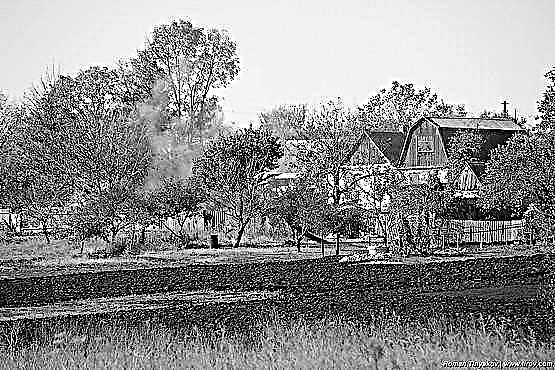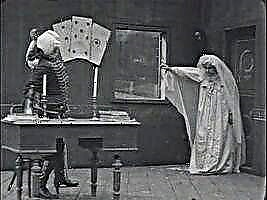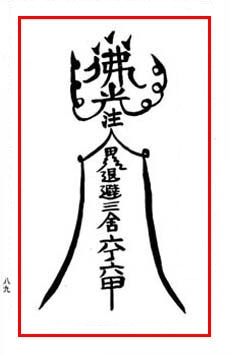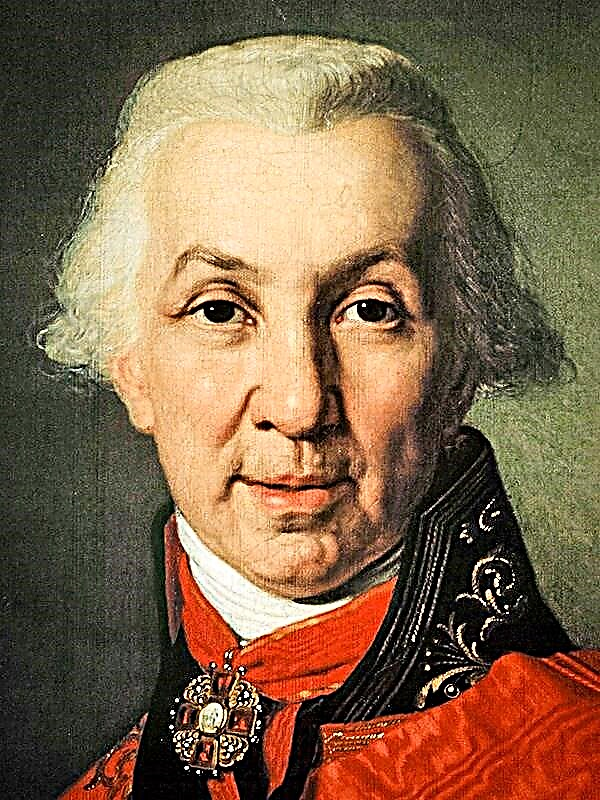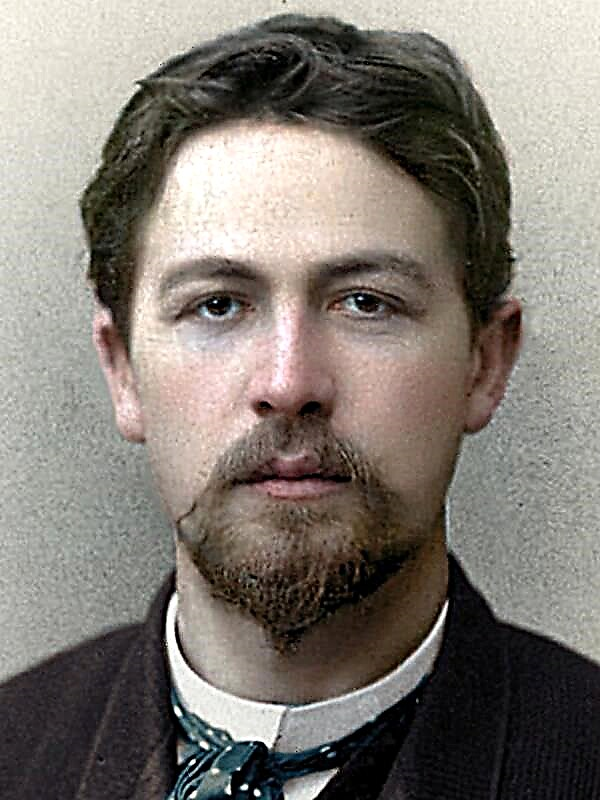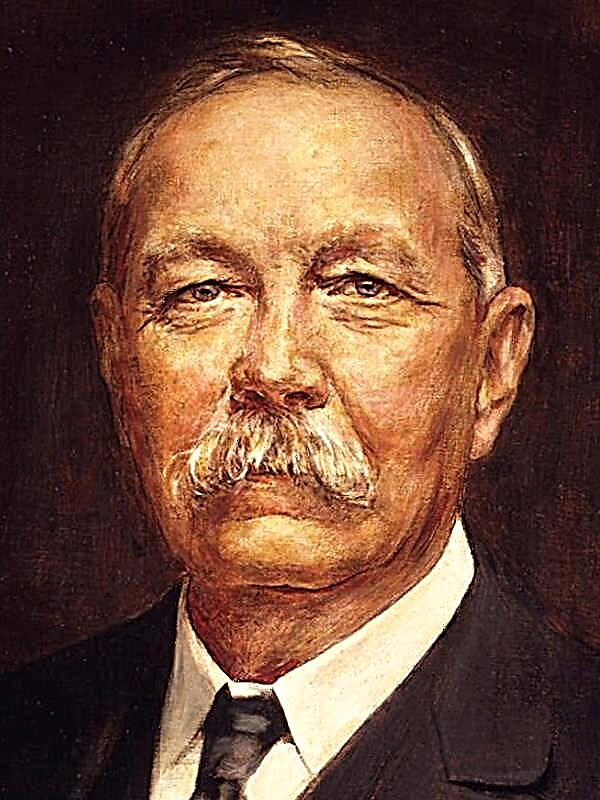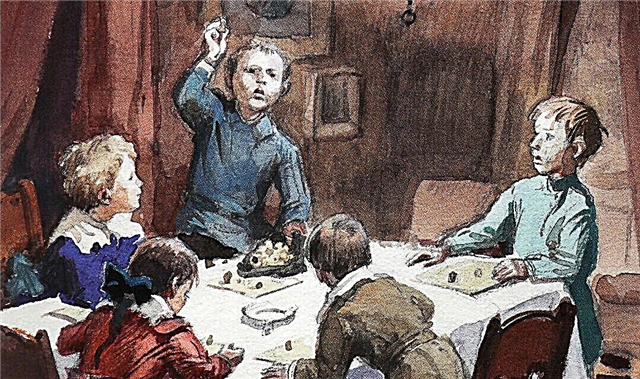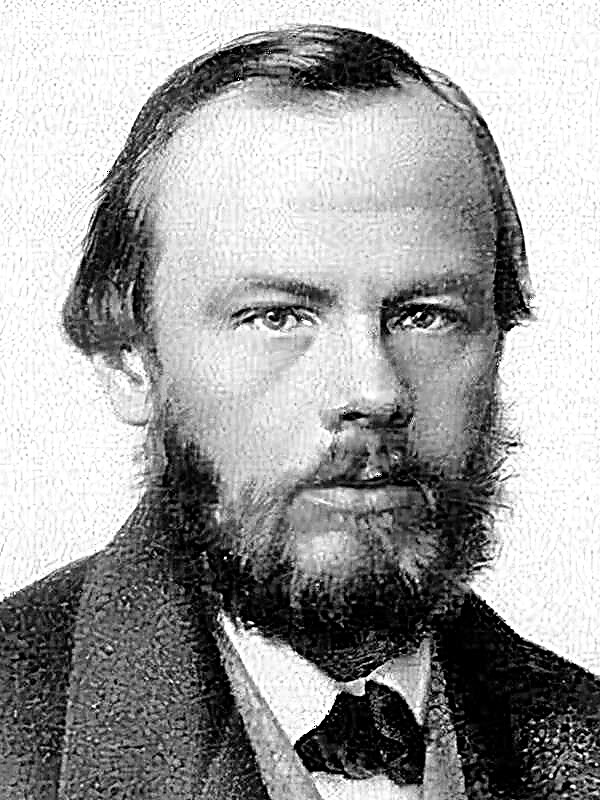On one of the hottest days of 1853, two young people lay on the banks of the Moskva River in the shadow of a flowering linden. Twenty-three-year-old Andrei Petrovich Bersenev had just become the third candidate at Moscow University, and a career in advance was waiting for him. Pavel Yakovlevich Shubin was a promising sculptor. The argument, quite peaceful, concerned nature and our place in it. Berseneva is struck by the completeness and self-sufficiency of nature, against which our incompleteness is seen more clearly, which gives rise to alarm, even sadness. Shubin suggests not living, but living. Stock up a friend of heart, and the longing will pass. We are driven by a thirst for love, happiness - and nothing more. “Yes, if there is nothing higher than happiness?” - objects Bersenev. Is it not selfish, is this word disconnecting? Can connect art, homeland, science, freedom. And love, of course, but not love-pleasure, but love-sacrifice. However, Shubin does not agree to be number two. He wants to love for himself. No, his friend insists, putting himself number two is the whole purpose of our life.
At this, young people stopped the feast of the mind and, after a pause, continued their conversation about the ordinary. Bersenev recently saw Insarov. We must introduce him to Shubin and the Stakhov family. Insarov? Is it that Serb or Bulgarian that Andrei Petrovich has already talked about? Patriot? Could he have just inspired his thoughts? However, it is time to return to the cottage: you should not be late for dinner. Anna Vasilievna Stakhova, a second cousin of Shubin, will be unhappy, but Pavel Vasilievich owes her the very opportunity to sculpt. She even gave money for a trip to Italy, but Paul (Paul, as she called him) spent it on Little Russia. In general, the family is representative. And how could such parents have such an extraordinary daughter as Elena? Try to solve this mystery of nature.
The head of the family, Nikolai Artemievich Stakhov, the son of a retired captain, dreamed of a profitable marriage from a young age. At twenty-five, he realized his dream - he married Anna Vasilyevna Shubina, but soon became bored, married the widow of Augustine Khristianovna, and was already bored in her company. “They stare at each other, so stupid ...” says Shubin. However, sometimes Nikolai Artemievich argues with her: is it possible for a person to travel around the globe, or to know what is happening at the bottom of the sea, or to predict the weather? And he always concluded that it was impossible.
Anna Vasilievna suffers her husband’s infidelity, and yet it hurts her that he gave the German woman a pair of gray horses from her, Anna Vasilievna, a factory by deception.
Shubin has been living in this family for about five years, since the death of his mother, a smart, kind French woman (his father died several years earlier). He devoted himself entirely to his vocation, but he works, although hard, but in fits and starts, he does not want to hear about the academy and professors. In Moscow, he is known as a promising one, but at the age of twenty-six he remains in the same capacity. He really likes the Stakhovs' daughter, Elena Nikolaevna, but he does not miss the chance to drag herself behind the chubby seventeen-year-old Zoya, who was taken into the house as a companion for Elena, who has nothing to talk about with her. Paul obscurely calls her a sweet German woman. Alas, Elena does not understand the "all naturalness of such contradictions" artist. The lack of character in a person always angered her, stupidly angered, she did not forgive a lie. As soon as someone lost her respect, he ceased to exist for her.
Elena Nikolaevna is outstanding. She has just turned twenty years old, she is attractive: tall, with large gray eyes and a dark blond braid. In all its appearance, however, there is something impulsive, nervous, which not everyone likes.
Nothing could ever satisfy her: she longed for active good. From childhood, the poor, hungry, sick people and animals disturbed and occupied her. When she was ten years old, the impoverished girl Katya became the subject of her cares and even worship. Parents did not approve of her hobby. True, the girl died soon. However, the trace of this meeting in Elena’s soul remained forever.
From sixteen she lived her own life, but a lonely life. No one was embarrassed, but she was eager and languishing: "How to live without love, but there is nobody to love!" Shubin was quickly dismissed due to his artistic inconstancy. Bersenev, on the other hand, occupies her as an intelligent, educated, in his own way real, deep. But why is he so persistent with his stories about Insarov? These stories aroused Elena's lively interest in the personality of a Bulgarian obsessed with the idea of liberating his homeland. Any mention of this kindles a deaf, unquenchable fire in him. A concentrated deliberation of a single and long-standing passion is felt. And his story is this.
He was a child when his mother abducted and killed the Turkish aha. Father tried to take revenge, but was shot. Eight years old, left an orphan, Dmitry arrived in Russia, with his aunt, and after twelve he returned to Bulgaria and in two years he went along and across. He was persecuted, he was in danger. Bersenev himself saw a scar - a trace of a wound. No, Insarov did not revenge aha. His goal is vast.
He is studently poor, but proud, scrupulous and undemanding, amazingly efficient. On the very first day after moving to the cottage to Bersenev, he got up at four in the morning, went around Kuntsev's neighborhood, took a dip and, having drunk a glass of cold milk, set to work. He studies Russian history, law, political economy, translates Bulgarian songs and chronicles, compiles Russian grammar for Bulgarians and Bulgarian for Russians: Russian is ashamed not to know Slavic languages.
On her first visit, Dmitry Nikanorovich made a lesser impression on Elena than she expected after Bersenev’s stories. But the case confirmed the accuracy of Bersenev’s estimates.
Anna Vasilyevna decided to somehow show her daughter and Zoe the beauty of Tsaritsyn. We went there by a large company. The ponds and ruins of the palace, the park - all made a wonderful impression. Zoya sang badly when they sailed on a boat among the lush green of picturesque shores. The company of Germans cheated even shouted an encore! They did not pay attention to them, but already on the shore, after a picnic, they met again with them. A man of great growth, with a bull neck, separated from the company and began to demand satisfaction in the form of a kiss for the fact that Zoya did not respond to their bouting and applause. Shubin, floridly and with a pretense of irony, began to exhort the drunken impudent, which only enraged him. Then Insarov stepped forward and simply demanded that he walk away. The bull-like carcass leaned forward menacingly, but at the same moment rocked, Insarov lifted off the ground, lifted up into the air, and, plopping into the pond, disappeared under the water. "He will drown!" - shouted Anna Vasilievna. ““ Sail out, ”Insarov said casually. Something unkind, dangerous appeared on his face.
An entry appeared in Elena’s diary: “... Yes, you can’t joke with him, and he knows how to intercede. But why this anger? .. Or <...> you can’t be a man, a fighter, and remain meek and gentle? Life is rude, he said recently. ” Immediately, she admitted to herself that she loved him.
The news is that big blow for Elena: Insarov moves out of the cottage. So far, only Bersenev understands what is the matter. A friend once admitted that if he had fallen in love, he would certainly leave: for his personal feeling he would not change his duty ("... I do not need Russian love ..."). Hearing all this, Elena herself goes to Insarov.
He confirmed: yes, he must leave. Then Elena will have to be braver than him. He apparently wants to make her the first to confess her love. Well, so she said that. Insarov hugged her: “So will you follow me everywhere?” Yes, she will, and neither the anger of her parents nor the need to leave her homeland, nor danger will stop her. Then they are husband and wife, concludes the Bulgarian.
Meanwhile, the Stakhovs began to appear a certain Kurnatovsky, chief secretary in the Senate. His Stakhov read in husbands Elena. And this is not the only danger for lovers. Letters from Bulgaria are all the more alarming. We must go while it is still possible, and Dmitry begins to prepare for departure. Once, having swallowed all day, he fell under a downpour, soaked to the bone. The next morning, despite the headache, he continued the chores. But by dinner there was a great fever, and by the evening he had completely fallen. Eight days Insarov is between life and death. Bersenev all this time caring for the patient and reports on his condition to Elena. Finally, the crisis is over. However, the present recovery is far, and Dmitry still does not leave his home for a long time. Elena is impatient to see him, she asks Bersenev not to come to a friend one day and comes to Insarov in a light silk dress, fresh, young and happy. They talk for a long time and with fervor about their problems, about the golden heart of a loving Elena Bersenev, about the need to rush to leave. On the same day, they are no longer verbally becoming a husband and wife. Their meeting is not a secret for parents.
Nikolai Artemievich demands the daughter to answer. Yes, she admits, Insarov is her husband, and next week they will leave for Bulgaria. “To the Turks!” - Anna Vasilievna is deprived of feelings. Nikolai Artemievich grabs his daughter by the hand, but at that time Shubin shouts: “Nikolay Artemievich! Augustine Hristianovna has arrived and is calling you! ”
A minute later, he was already talking with Uvar Ivanovich, a retired sixty-year-old cornet who lives with the Stakhovs, does nothing, eats often and often, always calmly and expresses something like this: “It would be necessary ... somehow, that ...” this is desperately helping himself with gestures. Shubin calls him a representative of the choral principle and black earth force.
He is Pavel Yakovlevich and expresses his admiration for Elena. She is afraid of nothing and nobody. He understands her. Who is she leaving here? Kurnatovskys, and the Bersenevs, but such as he himself. And these are the best. We don’t have people yet. Everything is either small fry, hamletics, or darkness and wilderness, or overfills from empty to empty. If there were good people between us, this sensitive soul would not have left us. “When are people born, Ivan Ivanovich?” - “Give me the deadline, they will be,” he answers.
And here are the young ones in Venice. Behind a difficult move and two months of illness in Vienna. From Venice the way to Serbia and then to Bulgaria. It remains to wait for the old sea wolf Rendich, who will cross the sea.
Venice was the best help for a while to forget the hardships of travel and the unrest of politics. All that this unique city could give, lovers took in full. Only in the theater, listening to “Traviata”, are they embarrassed by the scene of farewell of Violetta and Alfred dying of consumption, her prayer: “Let me live ... die so young!” The feeling of happiness leaves Elena: “Is it really impossible to beg, turn away, save <...> I was happy ... And from what right? .. And if it is not given for nothing?”
The next day, Insarov is getting worse. The heat rose, he fell into oblivion. Exhausted, Elena falls asleep and sees a dream: a boat on Tsaritsyno Pond, which then finds itself in a restless sea, but a snow whirlwind flies in, and she is no longer in the boat, but in the wagon. Near Katya. Suddenly the wagon flies into a snowy abyss, Katya laughs and calls her from the abyss: "Elena!" She looks up and sees pale Insarov: "Elena, I'm dying!" Randych no longer catches him alive. Elena urged the harsh sailor to take the coffin with the body of her husband and herself to his homeland.
Three weeks later, Anna Vasilievna received a letter from Venice. Daughter goes to Bulgaria. There is no other homeland for her now. “I was looking for happiness - and maybe I will find death. It can be seen ... it was the fault. "
Reliably the further fate of Elena remained unclear. Some said they later saw her in Herzegovina as a sister of mercy with the army in an unchanged black outfit. Further her trace was lost.
Shubin, occasionally corresponded with Uvar Ivanovich, reminded him of a long-standing question: “So, will we have people?” Uvar Ivanovich played with his fingers and fixed his mysterious gaze into the distance.

